Grow Native for Nantucket
Our ‘Grow Native for Nantucket’ initiative is a comprehensive effort to highlight and raise awareness about the significance of native plants within our island’s ecosystem. Native plants are uniquely adapted to our island environment and require little to no intervention in the form of fertilizers, pesticides or irrigation.
Discover why it is so important to “Grow Native” and how it benefits our island, explore valuable resources and helpful tips for integrating native plants into your landscape, andcontribute to the preservation of Nantucket’s natural resources and our island heritage.
NLWC’s Grow Native for Nantucket campaign is made possible in part by
REMAIN

We invite you to join us in nurturing and protecting the island’s land and waters by celebrating the native flora that makes Nantucket unique.

Celebrate Native Plants with Edwina von Gal
Join us for the NLWC Annual Meeting on August 5th, 2025 featuring renowned landscape designer and environmental advocate Edwina von Gal.
Native Plants: Natural Protectors of the Environment
Native plants, native to Nantucket, have evolved over thousands of years to thrive in its coastal habitats. They form crucial relationships with the island’s wildlife, providing food, shelter, and habitat. Additionally, their deep roots help prevent erosion and stabilize soil, protecting the fragile coastal ecosystem.
Native plants play a vital role in maintaining biodiversity and ecological resilience while safeguarding Nantucket’s waters and its environment.
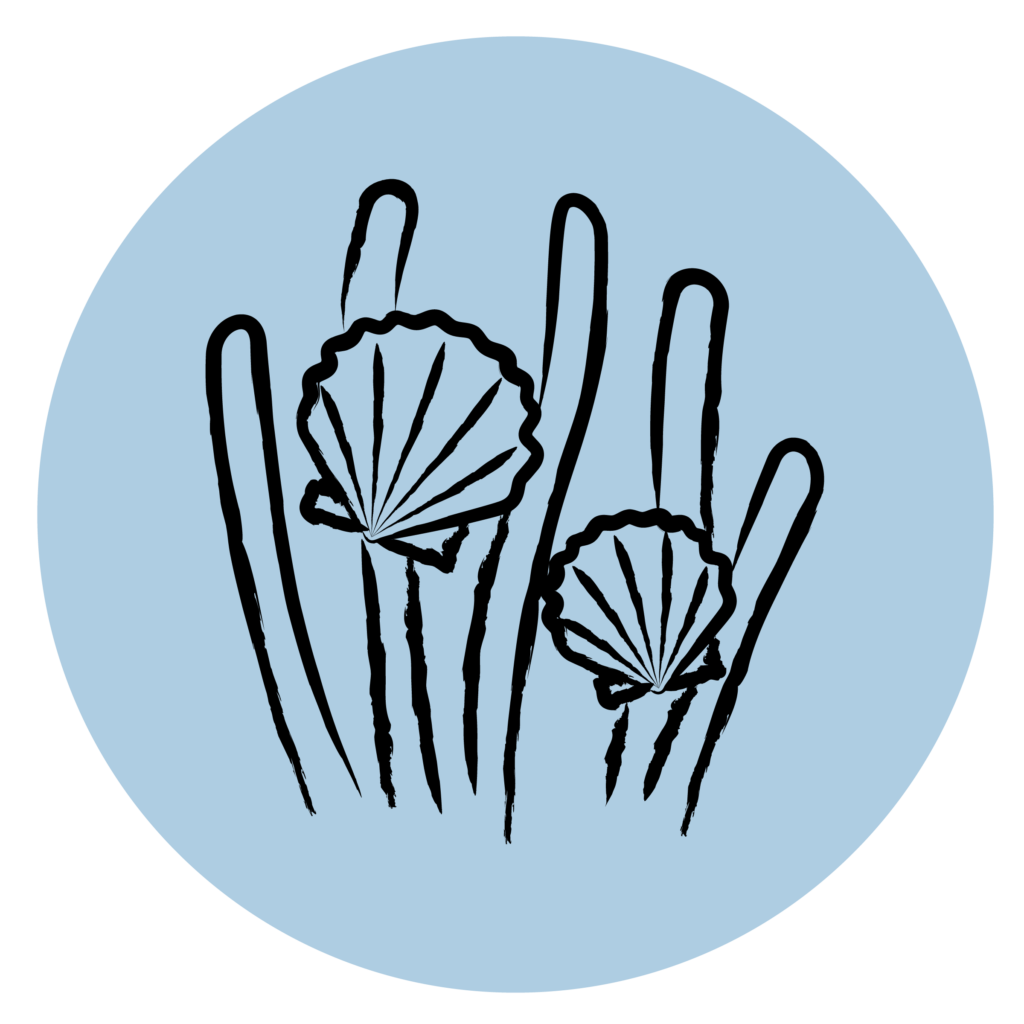
Grow Native for Clean Water
The deep root systems of many native plant species greatly enhances water quality around the island. By promoting robust soil structure and increasing infiltration, native plants help more water percolate into the ground rather than running off the surface. This process also filters out contaminants and pollutants, replenishes groundwater supplies, and reduces the load on stormwater systems. Native plants are also uniquely suited to our island habitat, requiring less human intervention, like irrigation and fertilizer, to thrive. This keeps excess nutrients out of our waters!
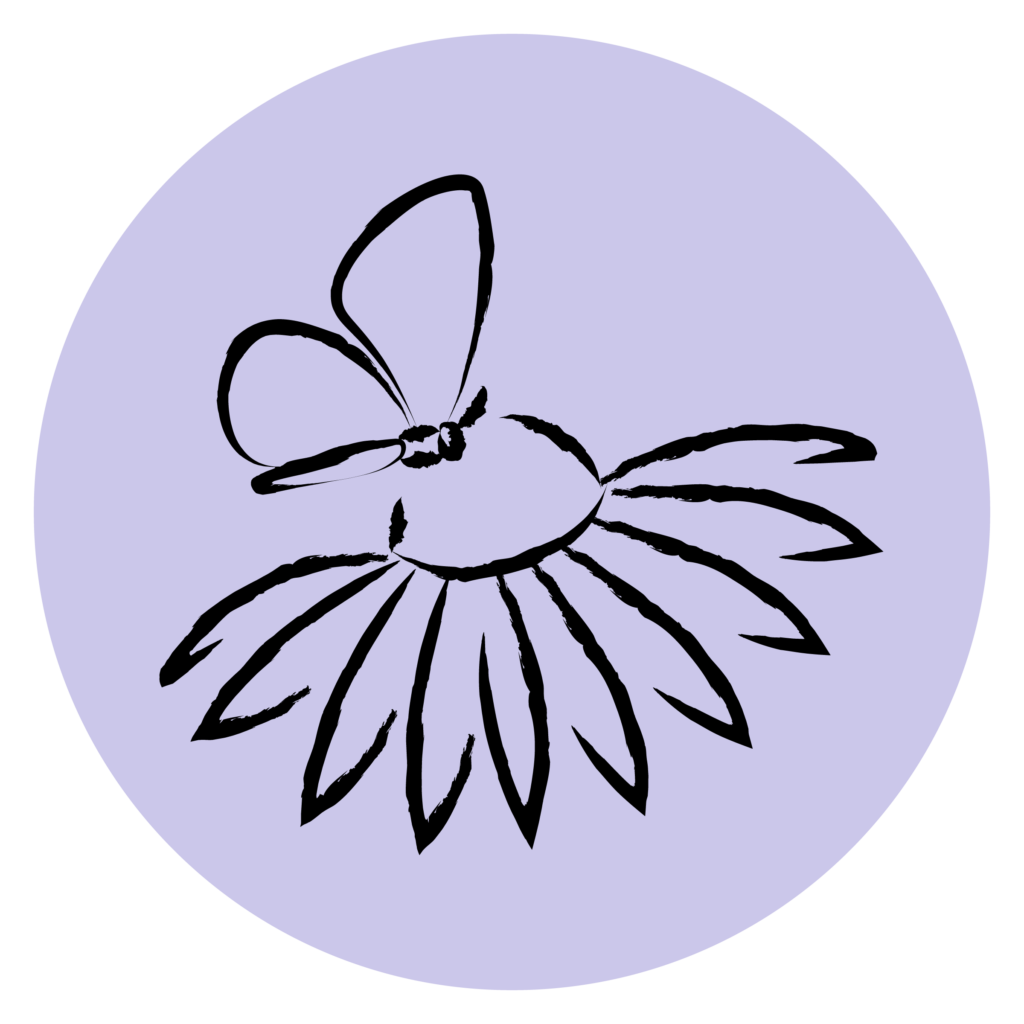
Grow Native for Pollinators
Pollinators and native plants share a crucial relationship essential for maintaining healthy ecosystems.Native plants have co-evolved with our local pollinators–organisms like bees, butterflies, and bats–which makes them particularly suited to meet each other’s needs. Many non-native ornamental species are not suited for local pollinators, and our native species provide critical habitat for all stages of our pollinators’ lives. This symbiotic interaction enhances biodiversity, supports food webs, and promotes the environment’s resilience against invasive species and climate change.

Grow Native for Our Pets
Did you know that overusing lawn fertilizers can lead to Harmful Algal Blooms (HABs) that can produce toxins harmful to our pets? As water sources become overloaded with nutrients from fertilizers, the possibility of toxic HABs forming within them grows. Many leading professionals have linked these HABs to pet deaths and illnesses. Thanks to the natural adaptation of native plants, they require less active mitigation, including fertilizers, from homeowners, which helps to reduce the nutrient loading in our waterways. Native species also require less treatment from chemicals such as fungicides or pesticides which can be harmful or toxic to our pets. Keep your pets safe with native plants!
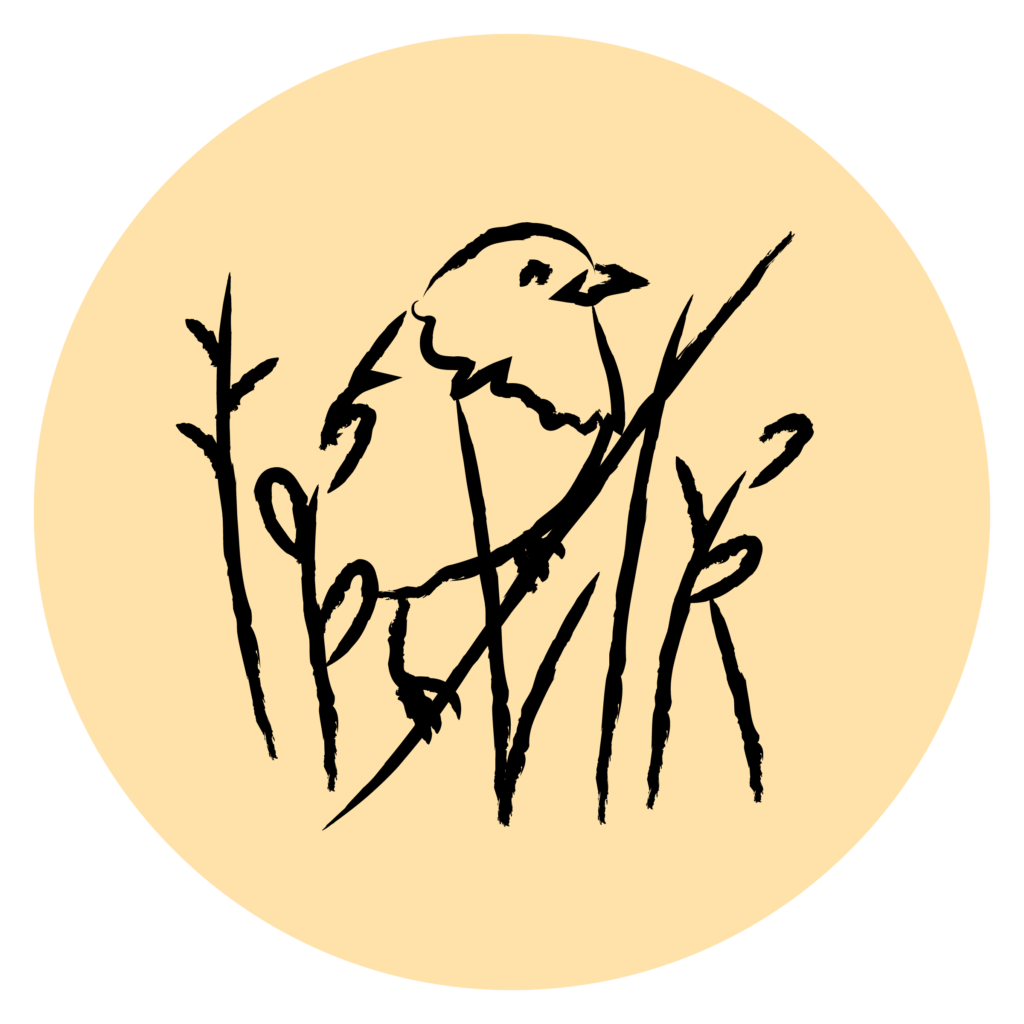
Grow Native for Biodiversity
By fostering diverse plant life, native plants help sustain intricate food webs and promote genetic diversity within plant and animal populations. This biodiversity enhances ecosystem resilience, enabling environments to better withstand and recover from disturbances such as climate change, diseases, and invasive species.
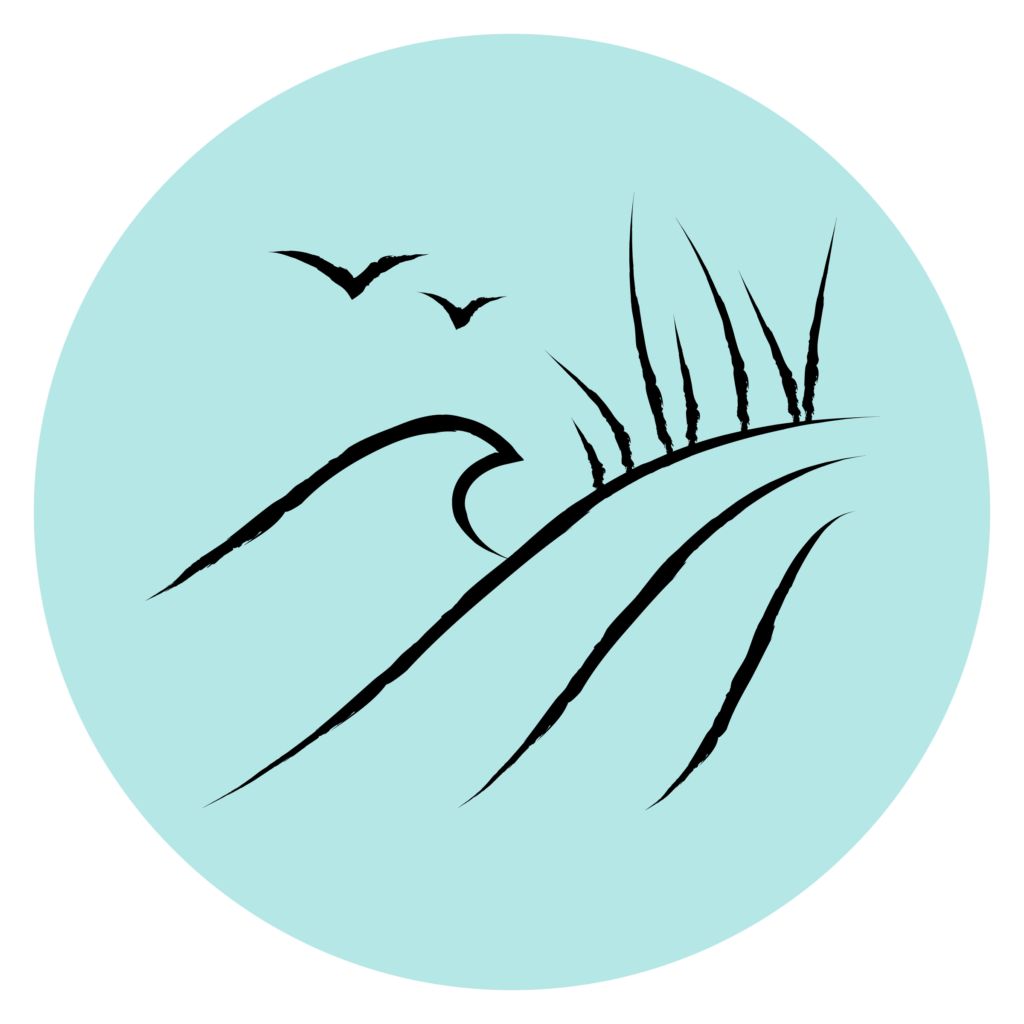
Grow Native for Coastal Resilience
Native plants are integral to coastal resilience due to their deep-rooted adaptability to local conditions and their ability to stabilize shorelines. These plants help anchor soil and sand, reducing erosion caused by wind, waves, and storms. Their roots and foliage also absorb and slow down stormwater runoff, mitigating flooding and protecting inland areas. Additionally, native coastal plants create habitats for local wildlife and support the overall health of coastal ecosystems, enhancing the natural buffer against the impacts of climate change and human activities. If you have a coastal property, make sure to maintain a vegetated (native) buffer to support coastal resilience.
What You Can Do
Discover more about the ways in which cultivating native plants improves our vital efforts to support clean water, coastal resilience, biodiversity, pollinators, the health and safety of our pets, and much more.
1) Take stock of your lawn and gardens
2) Get acquainted with Nantucket’s native plants and what they have to offer
3) Look for opportunities to incorporate more natives into your landscape
4) Talk to your landscaper about reducing your impact and transitioning towards a Nantucket natural landscape
Examples of Growing Native for Nantucket
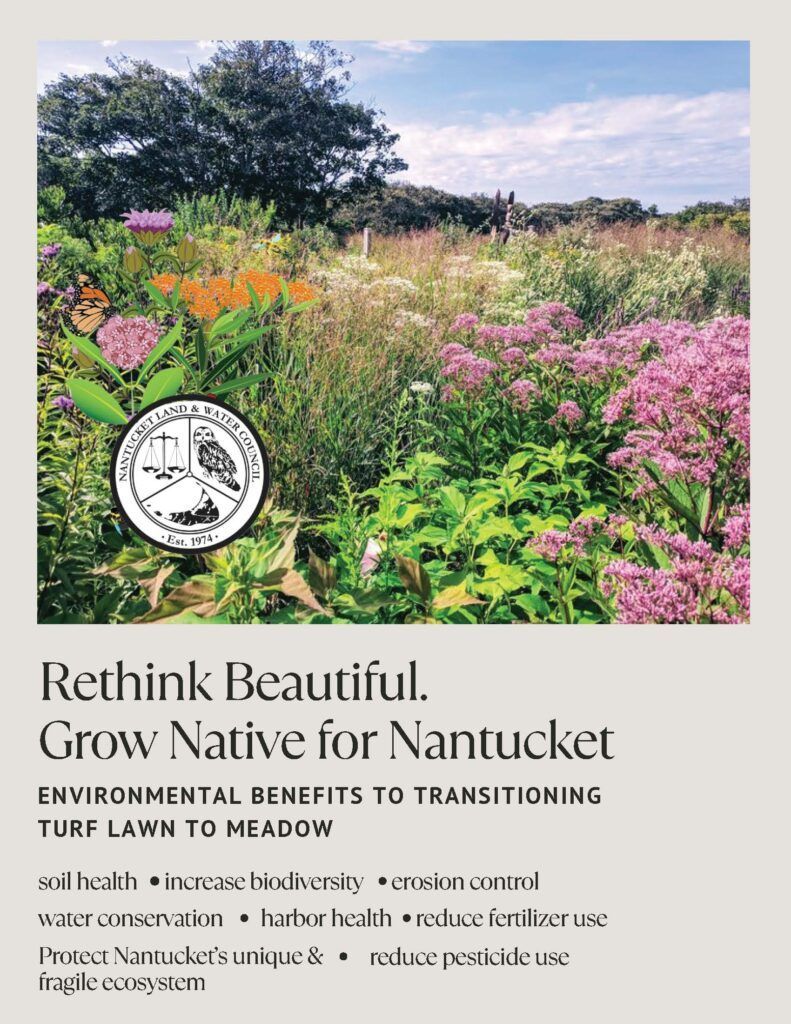
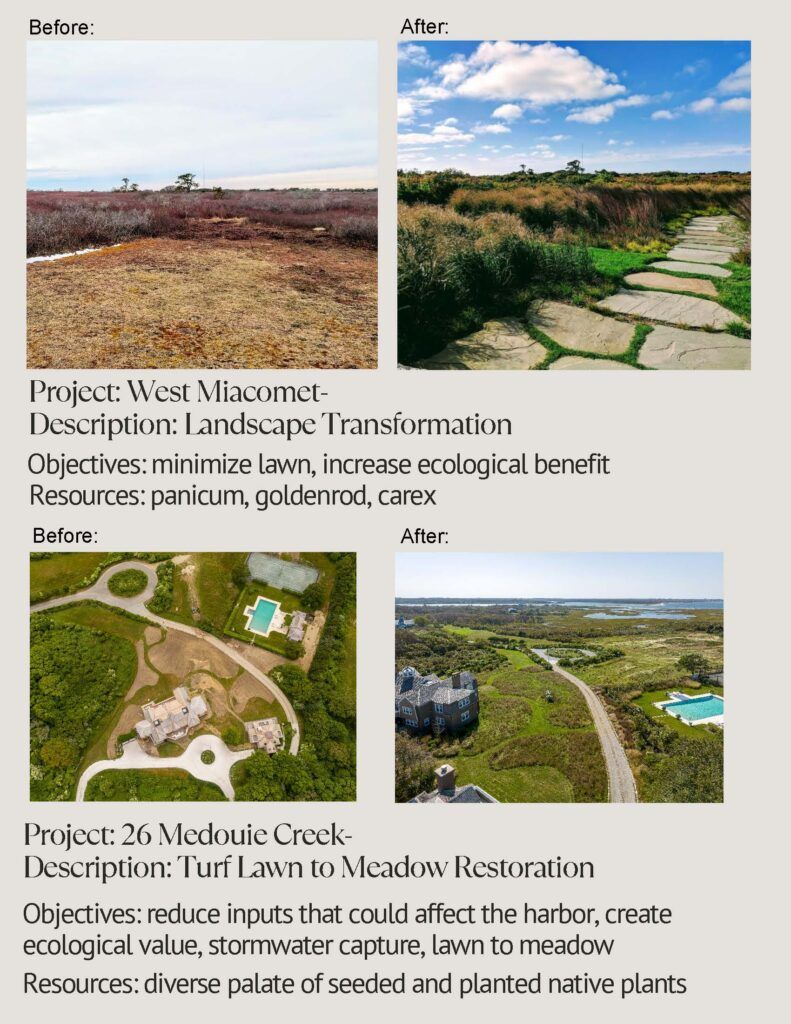
Are you contributing to the health of the island through your home landscape? Consider applying for a
Conservation Commendation with the Nantucket Garden Club and the Nantucket Land & Water Council!
Getting Started with Native Plants
Perfect for beginners or anyone looking to shift their landscaping habits.
Landscaping with Native Plants Brochure – An introductory guide tailored to the island’s ecology created in collaboration with the Nantucket Biodiversity Initiative and Nantucket Conservation Foundation.
Native Plant Guides by Nantucket Wildscapes – Detailed plant profiles with pictures to help you choose the right natives for your site.
Nantucket Conservation Foundation’s Native Plant Showcase at 118 Cliff Road – Visit in person or explore virtually below.
Virtual Garden Tour: NCF at 118 Cliff Road (via Nantucket Footprints) – See native plantings in action.
The New Perennialist – Examples of landscapes and gardens with native plants by Tony Spencer, a Canadian writer, photographer, and planting designer known for his naturalistic garden design.
Where to Buy and How to Grow
Find native plants locally and learn how to care for them.
Local Nurseries with Native Plants:
Local Offerings:
Bartlett Tree Experts: Soil Analysis Tips – Understand your soil before planting.
UMass Amherst Soils Analysis – Order a soil test today!
Toscana’s Materials – Nantucket Gold Landfill
Sustainable Landscape Practices
Get to know our local regulations around lawncare.
Landscape Practices – Learn how to fertilize responsibly on Nantucket.
https://www.nantucket-ma.gov/725/Fertilizer-Program
Check out our local regulations
And this
Septic and homeowners guide
Want More Inspiration?
Join us at some of our future events around Grow Native:
Edwina Von Gal of
Perfect Earth Project, Featured Guest Speaker at our
Annual Meeting



